Best Companion Plants For Squash
Introduction
Squash is a delicious and versatile vegetable that can be enjoyed in a variety of dishes. But did you know that you can also improve your squash harvest by planting it with the right companion plants?
Companion planting is a gardening technique that involves planting certain types of plants together to benefit each other. By planting squash with the right companion plants, you can boost their growth, deter pests, and improve their flavor.
In this blog post, we will discuss some of the best companion plants for squash. We will also talk about why these plants are beneficial and how to plant them together.
Main Content
Beans
One of the best companion plants for squash is beans. Beans are nitrogen-fixing plants, which means they can convert atmospheric nitrogen into a form that other plants can use. This can help to improve the soil quality for your squash plants, leading to better growth and yields.
Beans also provide shade for squash plants, which can help to protect them from the hot sun. Additionally, beans can help to suppress weeds, which can free up your time and energy to focus on other tasks in your garden.
Corn
Another great companion plant for squash is corn. Corn provides a sturdy trellis for vining squash plants to climb, which can help to save space in your garden. Additionally, corn can help to attract pollinators, which are essential for pollinating squash flowers and producing fruit.
Marigolds
Marigolds are not only beautiful flowers, but they are also beneficial companion plants for squash. Marigolds can help to repel pests such as squash bugs, aphids, and whiteflies. They can also help to improve the soil quality by suppressing soil-borne diseases.
Nasturtiums
Nasturtiums are another type of flower that can be beneficial for squash plants. Nasturtiums can help to attract pollinators, such as bees and butterflies, which are essential for pollinating squash flowers and producing fruit. They can also help to deter pests such as squash bugs and cucumber beetles.
Dill
Dill is an herb that is often used in cooking, but it can also be a beneficial companion plant for squash. Dill can help to attract pollinators, such as bees and butterflies, which are essential for pollinating squash flowers and producing fruit. It can also help to repel pests such as squash bugs and cucumber beetles.
Potatoes
Potatoes are not typically thought of as a companion plant for squash, but they can actually be beneficial. Potatoes release a chemical called solanine, which can help to repel pests such as squash bugs and cucumber beetles. Additionally, potatoes can help to improve the soil quality by adding organic matter.
Other beneficial companion plants for squash include:
- Sunflowers
- Radishes
- Lettuce
- Oregano
- Marjoram
- Peppermint
Conclusion
By planting squash with the right companion plants, you can boost their growth, deter pests, and improve their flavor. The plants mentioned in this blog post are just a few of the many beneficial companion plants for squash. With a little research, you can find the perfect companion plants for your garden and enjoy a bountiful harvest of squash.
Squash is a delicious and versatile vegetable that can be enjoyed in many different ways. But did you know that companion planting can help you grow healthier and more productive squash plants?
Companion planting is the practice of planting certain types of plants together in order to benefit each other. Some plants, for example, can help to repel pests or diseases, while others can improve the soil quality or provide shade.
When it comes to squash, there are a few specific companion plants that can help to boost your harvest. These include:
- Corn: Corn is a nitrogen-fixing plant, which means that it can help to improve the soil quality for your squash plants. It also provides shade and support for squash vines.
- Peas: Peas are another nitrogen-fixing plant that can benefit squash plants. They also help to suppress weeds and attract beneficial insects.
- Beans: Beans are also nitrogen-fixing plants, and they can help to improve the soil quality for squash plants. They also provide shade and support for squash vines.
- Sunflowers: Sunflowers can help to attract beneficial insects and deter pests. They also provide shade for squash plants in hot climates.
- Marigolds: Marigolds can help to repel pests, such as squash bugs and nematodes. They also attract beneficial insects, such as ladybugs and lacewings.
For more information about companion planting for squash, please visit Garden Wiki. This website has a wealth of information on the topic, including a list of specific companion plants that are beneficial to squash.
FAQ of companion plants to squash
- What are some good companion plants for squash?
Some good companion plants for squash include:
- Beans: Beans are nitrogen-fixing plants, which means they can help to improve the soil quality for squash plants. They also provide shade for squash plants, which can help to protect them from pests and diseases.

- Corn: Corn is another good companion plant for squash. It helps to provide support for squash vines, and it also attracts beneficial insects that help to control pests.

- Lettuce: Lettuce is a cool-season crop that can be planted early in the spring or fall. It grows well in the same soil conditions as squash plants, and it does not compete with squash plants for space or nutrients.
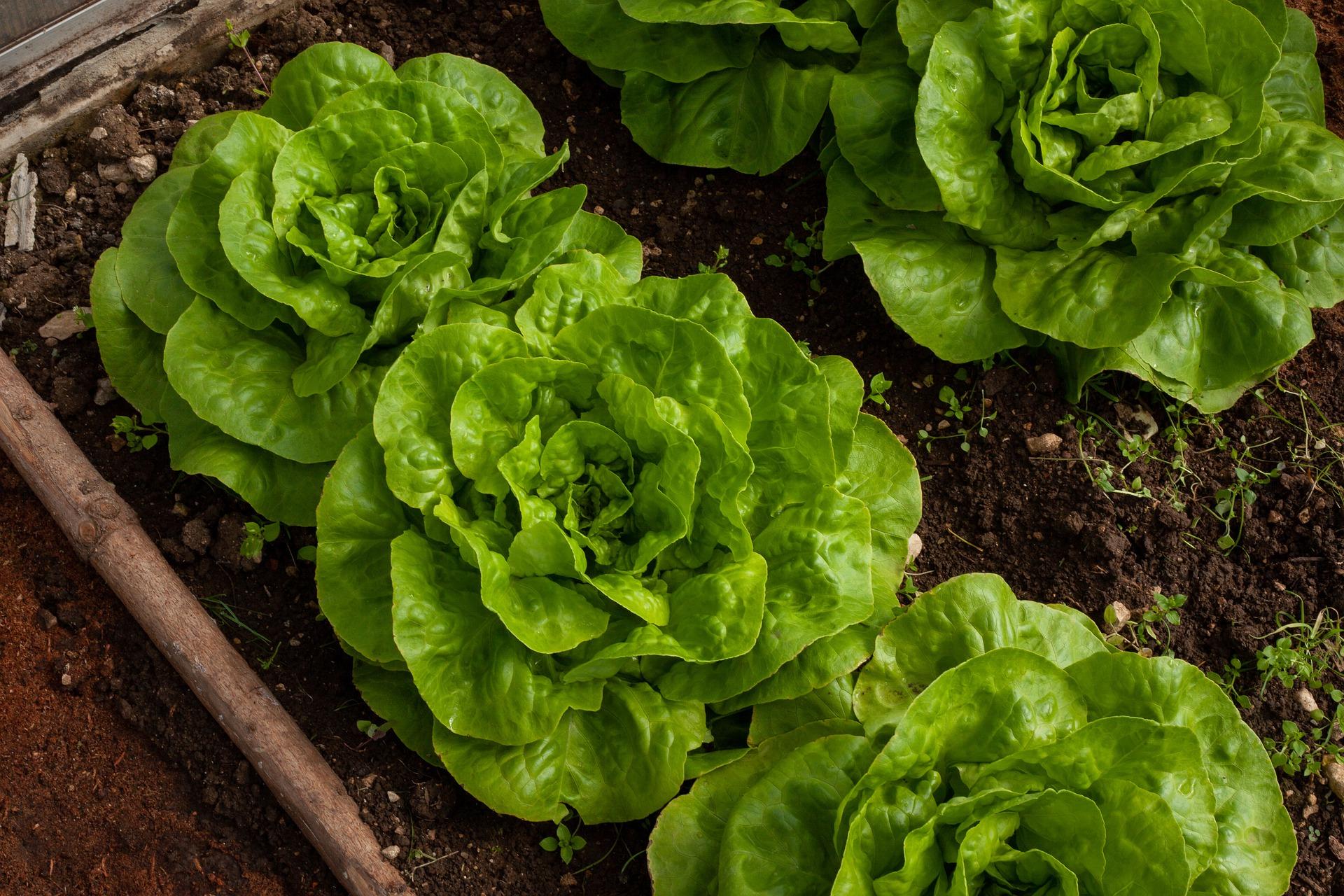
- Marigolds: Marigolds are a flowering plant that helps to repel pests such as squash bugs and cucumber beetles. They also attract beneficial insects such as ladybugs and lacewings, which help to control pests.
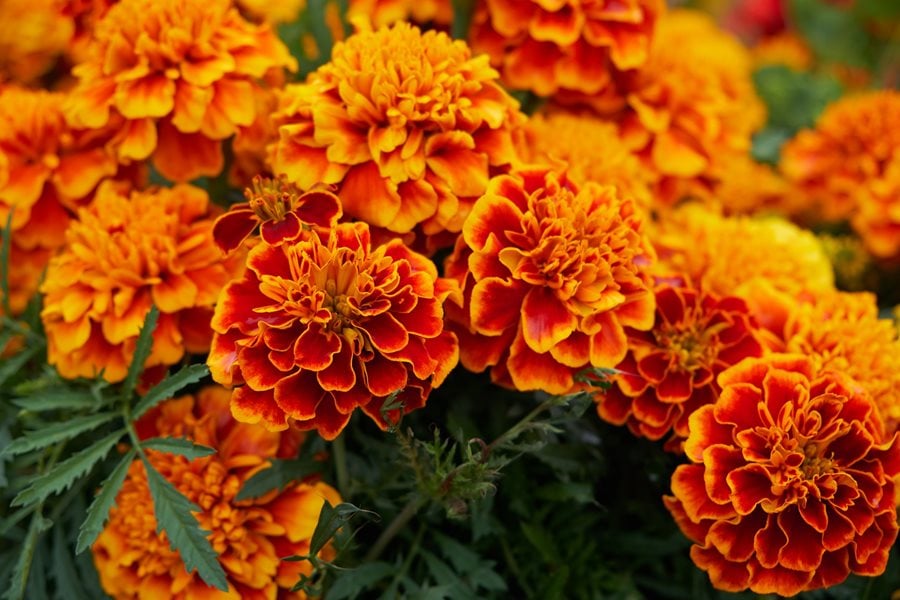
- Nasturtiums: Nasturtiums are another flowering plant that helps to repel pests. They also attract beneficial insects, and they can help to improve the soil quality for squash plants.

- What plants should I avoid planting near squash?
Some plants that you should avoid planting near squash include:
- Brassicas: Brassicas, such as broccoli, cabbage, and cauliflower, are susceptible to the same pests and diseases as squash plants. Planting them near each other can make it more difficult to control pests and diseases.

- Potatoes: Potatoes are susceptible to a soil-borne disease called verticillium wilt, which can also affect squash plants. Planting them near each other can increase the risk of spreading this disease.
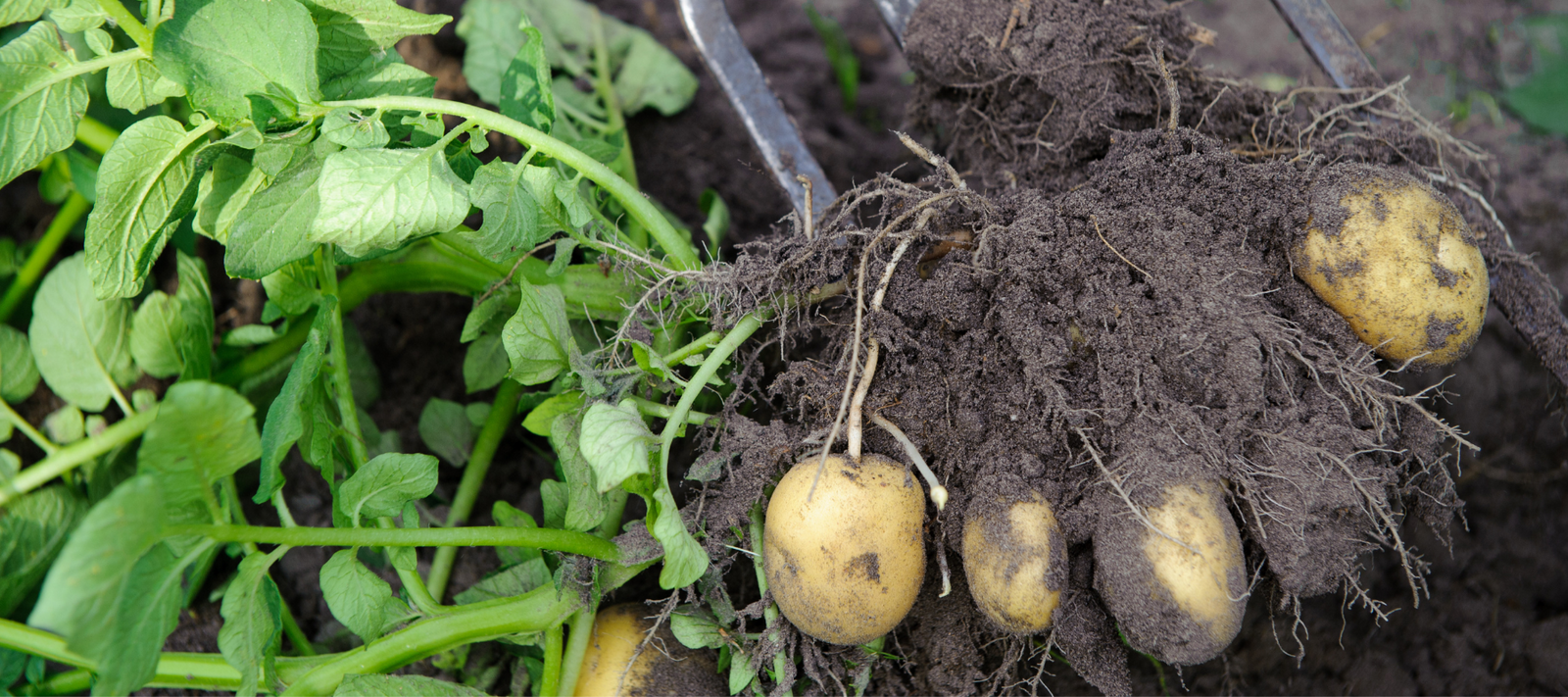
- Pumpkins: Pumpkins and squash are closely related plants, and they can compete with each other for space and nutrients. If you are growing both pumpkins and squash, it is best to plant them in separate areas of your garden.
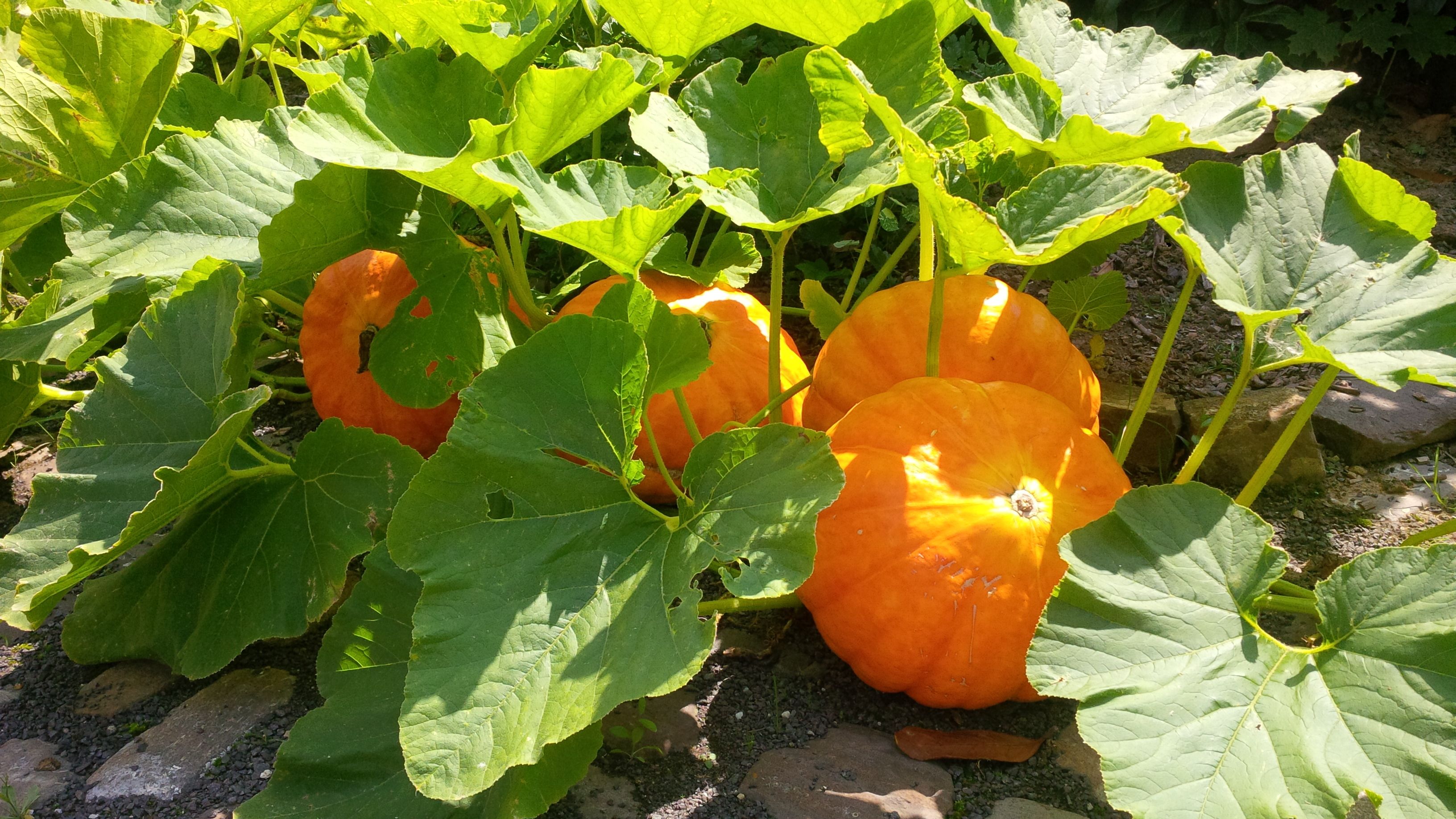
- How far apart should I plant squash?
The spacing requirements for squash plants will vary depending on the variety of squash you are growing. However, as a general rule of thumb, you should plant squash plants about 2 to 3 feet apart.
- What are the benefits of companion planting with squash?
There are several benefits to companion planting with squash, including:
- Improved soil quality: Some companion plants, such as beans and peas, are nitrogen-fixing plants. This means that they can help to improve the soil quality for squash plants by adding nitrogen to the soil.
- Disease and pest control: Some companion plants, such as marigolds and nasturtiums, help to repel pests and diseases. This can help to protect your squash plants from damage.
- Attracting pollinators: Some companion plants, such as sunflowers and lavender, attract pollinators such as bees and butterflies. This can help to improve the pollination of your squash plants, which can lead to a higher yield.
- Competitive exclusion: Some companion plants, such as lettuce and spinach, grow quickly and can help to shade out weeds. This can help to reduce the amount of weeding you need to do in your garden.
- What are some other tips for companion planting with squash?
Here are some other tips for companion planting with squash:
- Consider the mature size of the plants: When choosing companion plants for squash, it is important to consider the mature size of the plants. Some companion plants, such as sunflowers and corn, can grow quite large. If you are planting these types of companion plants, make sure you leave enough space for them to grow.
- Plant companion plants in different heights: Planting companion plants in different heights can help to create a more balanced garden. This can help to prevent pests and diseases from spreading from one plant to another.
- Rotate your crops: Rotating your crops from year to year can help to prevent soil-borne diseases. If you are growing squash in your garden, it is a good idea to rotate your crops with other types of vegetables, such as beans or tomatoes.
Image of companion plants to squash
5 different images of companion plants to squash from Pinterest:
- Beans: Beans are a great companion plant for squash because they help to fix nitrogen in the soil, which is beneficial to the growth of squash plants. They also help to deter pests, such as squash bugs.
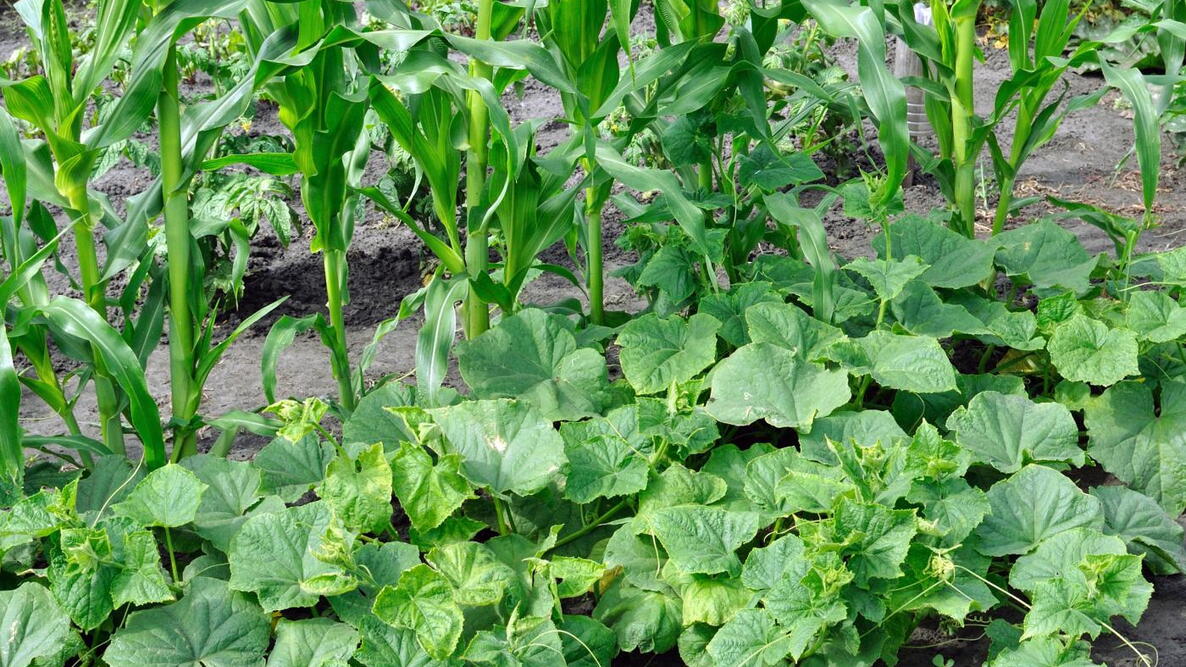
- Borage: Borage is a flowering plant that attracts beneficial insects, such as ladybugs and hoverflies, which help to control pests that can harm squash plants. Borage also improves the flavor of squash.

- Cosmos: Cosmos is another flowering plant that attracts beneficial insects. It also helps to suppress weeds and improve the drainage of soil, which can be beneficial to squash plants.
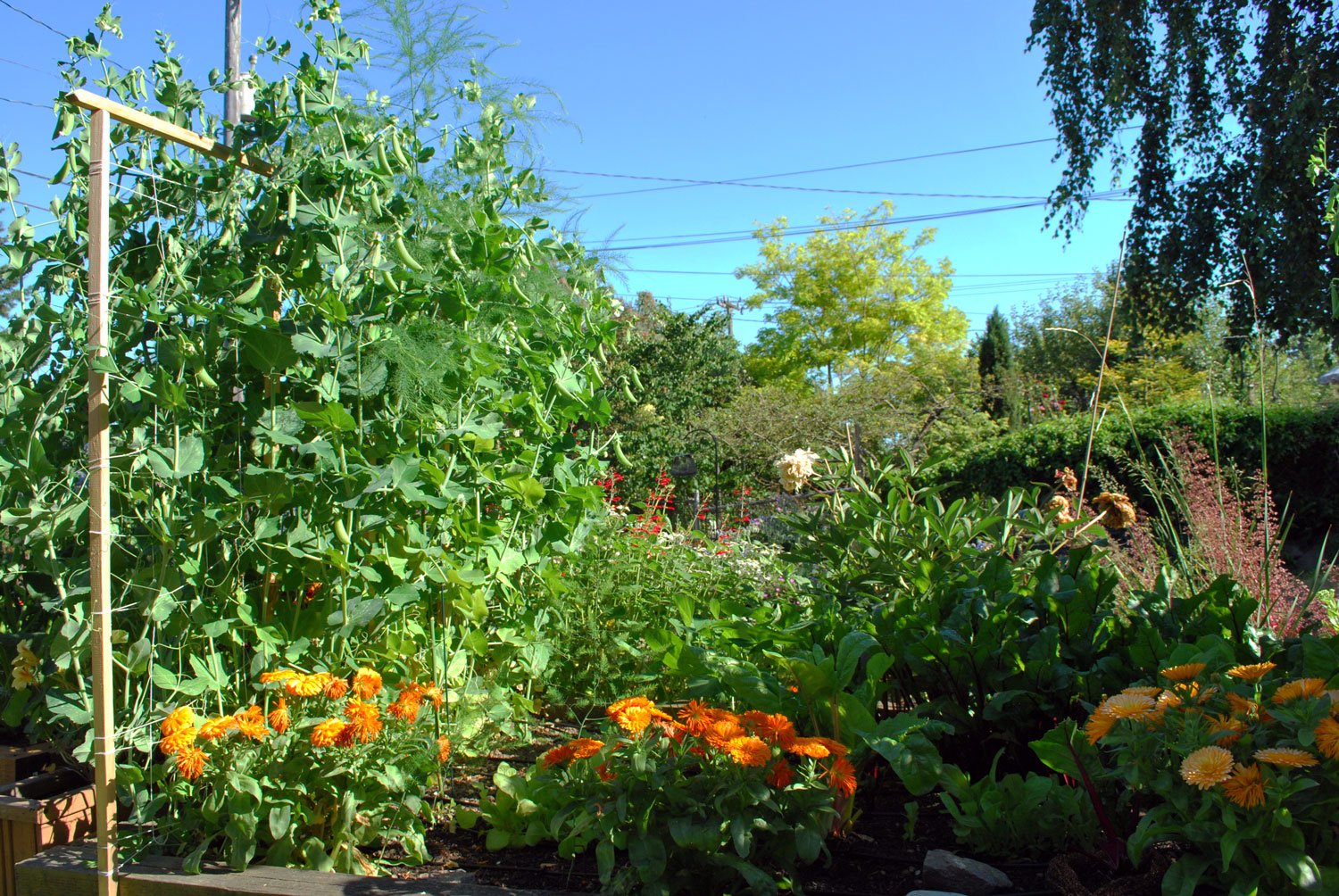
- Dill: Dill is a herb that helps to repel pests, such as cucumber beetles and squash bugs. It also helps to improve the flavor of squash.
- Nasturtiums: Nasturtiums are another flowering plant that attracts beneficial insects. They also help to deter pests, such as aphids and whiteflies.

Post a Comment for " Best Companion Plants For Squash"